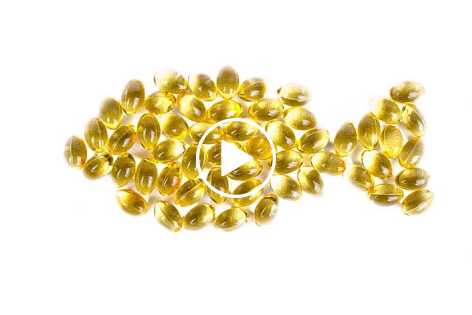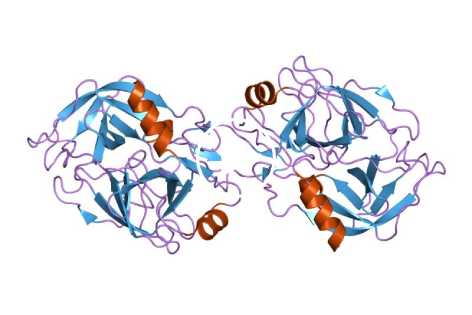
LMU 28 – Unlocking the Power of Brown Fat: How Exercise Boosts Your Metabolism
Source: American Journal of Physiology: Endocrinology and Metabolism, August, 2016
Lifestyle Medicine Update (Oct 23, 2016)
Introduction
Your body is a remarkable system that can work in harmony with you if you provide it with the right conditions. One such fascinating example comes from a study published in the American Journal of Physiology: Endocrinology and Metabolism in August 2016. Researchers have discovered a chemical messenger called “irisin,” released from muscle cells during exercise. Irisin travels to fat tissues and triggers the transformation of white fat cells into brown fat cells. This conversion has a significant impact on your metabolism and weight management.
The Brown Fat Advantage
Brown fat cells have a unique property; they burn calories even when the body is at rest. The presence of more brown fat leads to increased calorie expenditure, as the excess calories burned are released as heat into the environment, a process known as thermogenesis. This phenomenon speeds up your metabolism and helps you achieve and maintain your ideal weight more easily compared to having more white fat cells, which are primarily involved in storing fat.
Exercise and Brown Fat Activation
One of the most effective ways to increase brown fat in your body is through regular exercise. While charts may display the number of calories burned during a 30-minute aerobic exercise session, they often overlook the crucial “afterburn effect.” Exercise induces the release of irisin, which leads to the activation of brown fat, accelerating your resting metabolism. This means your body continues to burn calories throughout the day, even when you’re at rest, and even during sleep.
The Multi-Faceted Benefits of Exercise
Exercise provides numerous benefits for your metabolism and weight management. Not only does it increase brown fat, but it also reduces the conversion of carbohydrate calories into fat, leading to a decrease in fat tissue. Additionally, exercise increases lean mass, further enhancing your resting metabolism and calorie expenditure during both rest and activity.
The Impact of Irisin on Diabetes
The release of irisin during exercise has an added benefit for diabetes management. Irisin stimulates the pancreas to secrete more insulin after meals, helping to lower blood sugar levels. This effect is beneficial in combating diabetes, prediabetes, and preventing the onset of type 2 diabetes.
Looking Beyond Calorie Burning Charts
Calorie burning charts may be discouraging, considering the relatively modest number of calories burned during exercise compared to the total calories in a pound of fat (3,500 calories). However, understanding the long-term effects of exercise, including brown fat activation and increased resting metabolism, paints a more encouraging picture.
Conclusion
The discovery of irisin and its role in transforming white fat into brown fat highlights the remarkable synergy between your body and healthy lifestyle choices. Regular aerobic exercise not only burns calories during the workout but also triggers the activation of brown fat, leading to sustained calorie burning even at rest. Embrace exercise as a tool to increase brown fat and boost your metabolism, helping you achieve your ideal weight and support overall health.
References:
- Zhang, Y., Xie, C., Wang, H., Foss, R.M., Clare, M. et al. Irisin exerts dual effects on browning and adipogenesis of human white adipocytes, American Journal of Physiology: Endocrinology and Metabolism, 2016. 311;2.
http://ajpendo.physiology.org/content/311/2/E530 - https://www.ncbi.nlm.nih.gov/pmc/articles/PMC3339822

Dr. James Meschino
ABOUT THE AUTHOR
Dr. James Meschino, DC, MS, ROHP, is an educator, author, and researcher having lectured to thousands of healthcare professionals across North America. He holds a Master’s Degree in Science with specialties in human nutrition and biology and is recognized as an expert in the field of nutrition, anti-aging, fitness, and wellness as well as the author of numerous books.











